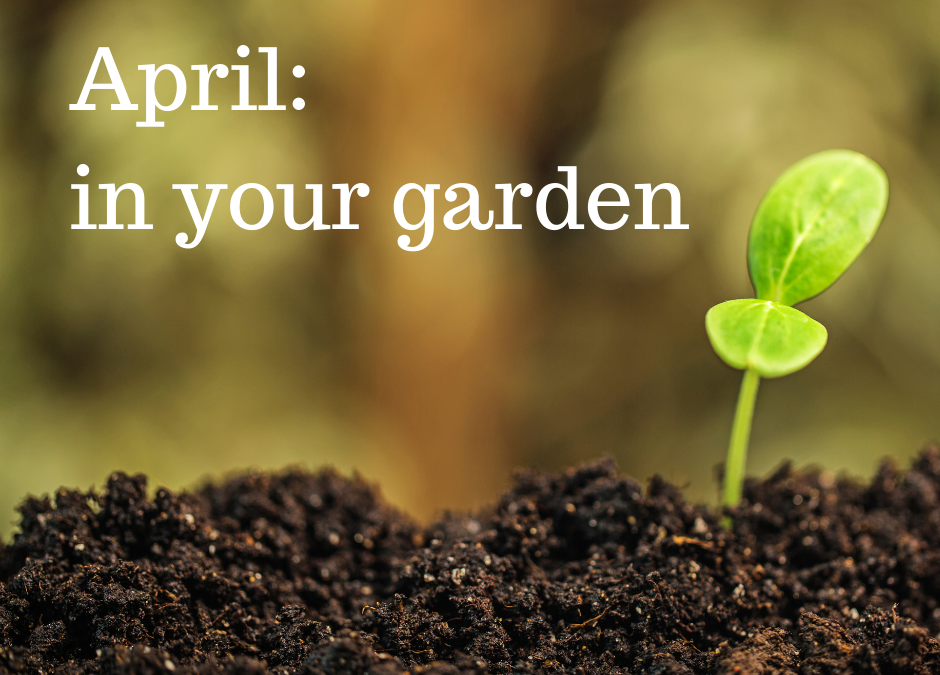April is the middle month of autumn and is generally regarded as one of nature’s key planting times as the soils are most often still warm and moist. With soil being the engine room of the garden, there’s no better way to revitalise it and to create a great flourishing garden than by using organic humate. This is best used by mixing in with the soil prior to any planting or sowing of seeds.
Dig in organic humate and Growth Booster Sheep Pellets before planting – this will replenish all those nutrients used by previous crops. Also note that since humate holds its own weight in water up to 7 times it creates an excellent environment for moisture to be retained for longer periods.
Dave’s Growth Booster sheep pellets are an 80/20 blend of sheep manure and humate. These pellets add a wonderful balance of nutrients to the soil as well as adding organic matter. Basically, you get all the goodies from the sheep manure that they contain plus the carbon from the humate. The carbon in humate is in a form of carbohydrate that sustains the fungi and bacteria helping to break down those vital nutrients making them soluble for quicker and better plant uptake. Also, by using Daves Growth Booster sheep pellets it is very useful for balanced plant growth and for feeding micro-organisms in the soil that help to improve its fertility. Sheep pellets are also a good soil conditioner, helping to bulk up both heavy soils and light, sandy soils. Prior to planting use a good handful of Growth Booster sheep pellets into every hole that you are going to plant into (along with humate of course). The benefits of doing this is indeed great.
Plants have the winter to settle their roots into the soil ready to flourish in spring, so there’s plenty of options to plant in April.
Tomatoes, capsicums and chillies will be coming to an end in cooler parts of the country, where the nights are beginning to draw in and the earliest frosts may start to appear. In warm regions, these crops will last another couple of months.
As you harvest the last summer crops in April, it is the perfect time to plant your patch with winter staples including broccoli, cabbage, celery and silverbeet. Freshen the flower garden with pansies and polyanthus and don’t forget the Kiwi favourite of feijoas in the fruit garden!
Beetroot, bok choi, broccoli, cabbage, carrot, cauliflower, celery, coriander, kale, leek, lettuce, mesclun, onion, parsnip, parsley, peas, radish, rhubarb, rocket, silverbeet, spinach. These are all plants that can be planted in April.
- Dig in organic humate and Growth Booster sheep pellets before planting to replenish nutrients used by previous crops. Humate as earlier mentioned, is also an excellent water saver.
- Beans – tie up floppy plants and keep them well watered – they should keep producing for another month or so.
- Brussels sprouts – stake taller plants to prevent them from falling over.
- Carrots – thin rows of carrots to ensure the roots develop evenly.
- Sweetcorn – pull out plants once they have finished and add the stems to the compost heap.
- Tomatoes – these can be left on the plant to ripen if the plants are still looking healthy enough. Otherwise, you can pull the plants out and leave any green fruits on a windowsill to ripen in the sun (this may take a few weeks).
